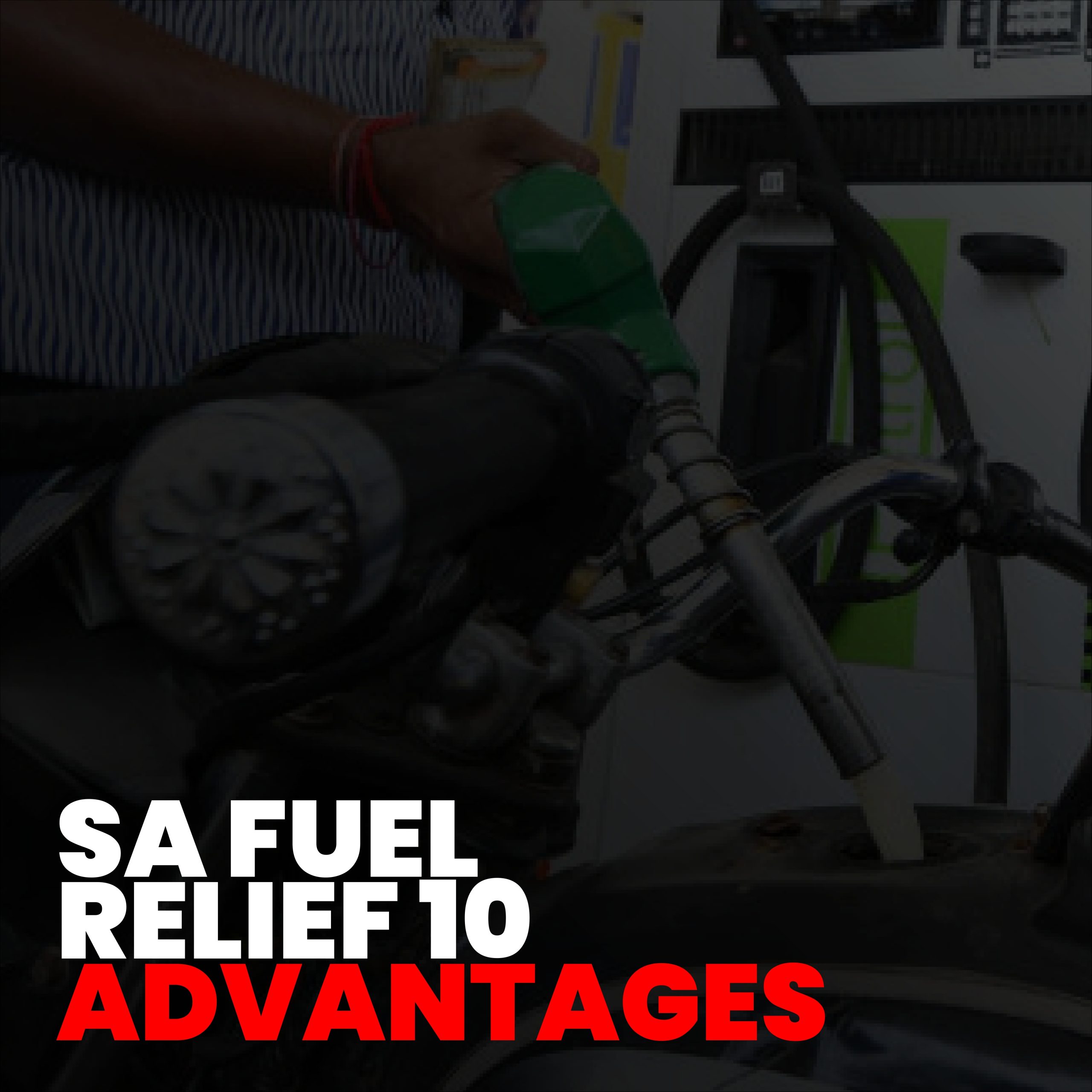Introduction
Recent petrol price reductions effective 4 November 2025 are offering South Africans welcome financial savings and much-needed Fuel Relief. This change allows households and businesses to better manage budgets and reduce transport expenses. Influenced by global oil prices and the strength of the South African rand, the effects are noticeable for daily commuters at petrol pumps, providing some relief in monthly expenses. This article explores ten essential ways South Africans can benefit from the recent petrol price drop, highlighting how this Fuel Relief supports households, businesses, and the wider economy.
Fuel Relief and Household Finances
Cheaper petrol helps households lower monthly commuting costs. Families benefit from smaller fuel bills, allowing them to allocate funds for essentials like groceries, school fees, and utilities. Even modest reductions per litre accumulate over time, providing meaningful savings. Households may also redirect funds toward savings or recreational activities, enhancing financial security. In a context of rising living costs, these reductions provide practical support and greater budgeting flexibility.
Fuel Relief and Small Businesses
Small businesses benefit from operational savings due to lower petrol prices. Delivery services, tradespeople, and transport operators can reduce fuel expenses, improving profitability. Lower costs may allow businesses to maintain competitive pricing for customers. Savings can also be reinvested in staff, marketing, or equipment upgrades. These reductions support the sustainability and competitiveness of small enterprises.
Fuel Relief and Transportation Sector
The transport sector sees operational improvements from lower fuel costs. Bus and taxi operators may reduce fares or increase service frequency without impacting profits. Freight and logistics companies save on diesel, enabling efficient scheduling and distribution. Reduced transport expenses support regional connectivity and economic activity. Overall, affordable petrol ensures reliability for users while maintaining profitability for operators.
Fuel Relief and Inflation Control
Lower petrol prices help ease inflationary pressures. Transportation costs influence the pricing of goods and services, and reductions in fuel costs can slow price increases. Suppliers may pass savings to retailers and consumers, offering short-term relief. Policymakers monitor adjustments to maintain economic balance and consumer confidence.
Fuel Relief and Commuters
Daily commuters experience immediate benefits from reduced petrol costs. Work travel, school runs, and long trips become more affordable, easing household budgets. Lower fuel costs encourage efficient travel planning and may reduce reliance on public transport during peak hours. Over time, savings accumulate, improving disposable income for families and individuals.
Fuel Relief and Tourism
Cheaper petrol makes domestic travel more appealing, supporting tourism. Families and individuals can plan trips or holidays previously limited by fuel costs. Tourist destinations, markets, and small businesses benefit from increased patronage. This boost stimulates local economies and supports small business growth.
Fuel Relief and Environmental Impact
While lower petrol costs can sometimes increase consumption, they provide opportunities to encourage responsible use. Motorists may combine trips or carpool to maximize savings. Awareness campaigns can promote fuel-efficient driving habits and environmental consciousness. Mindful usage alongside lower prices ensures environmental considerations remain relevant.
Fuel Relief and Market Stability
Lower petrol prices contribute to market stability by aligning local costs with international trends. Price adjustments reflect changes in global oil markets and currency rates, ensuring fair pricing. Stable fuel costs prevent sudden shocks that could disrupt the economy. Authorities maintain balance through monitoring and timely reductions.
Fuel Relief and Community Benefits
Communities enjoy indirect advantages from lower petrol costs. Reduced transport expenses increase access to social, cultural, and economic activities. Local events, markets, and small businesses may see higher engagement. Households can reallocate savings to education, healthcare, or leisure activities. Overall, these reductions strengthen social and economic resilience.
Fuel Relief and Long-Term Planning
Lower petrol prices help households and businesses plan finances effectively. Reduced transport costs can be factored into budgets, freeing resources for other priorities. Businesses can forecast expenses more accurately, and households may allocate funds to savings or investments. Over time, consistent reductions build confidence in financial planning and support sustainable growth.
FAQs
Q1: What is fuel relief? Fuel relief refers to reductions in petrol prices that ease transport costs for households, commuters, and businesses.
Q2: When does fuel relief take effect in South Africa? The current petrol price reductions began on 4 November 2025.
Q3: How does fuel relief help businesses? Lower petrol costs reduce operational expenses for transport and delivery services, improving efficiency and profitability.
Conclusion
Cheaper petrol provides significant advantages for South Africans, including immediate savings for commuters, benefits for businesses, and positive community impacts. The 4 November petrol price reduction offers a financial buffer and contributes to market stability. Understanding and utilizing these savings allows households and businesses to plan budgets effectively and maximize the benefits of lower transport costs.




